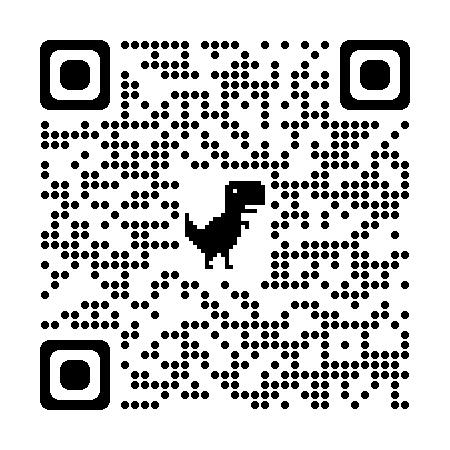








Dear Readers,
Welcome to Veteran Transition Advocate Magazine (VTAM). We are excited to present this quarterly publication to you. We hope to capture and offer you some useful information and resources to help you with your transition. There are many benefits available to you.
A little bit about the Founder, In my senior year of high school and like most high school seniors, I wasn’t sure what I wanted to do with my life. I decided to sign up for the US Navy in the delayed entry program. Six months later, I found myself heading off to US Navy boot camp in Chicago, Ill. This was my first time on an airplane and my first time away from home. I was fortunate to serve in the Navy. I was stationed overseas in ROTA Spain and on two aircraft carriers, US JFK and the US America.
What a wonderful new world and new experience! I considered my overseas duty station my home away from home. Upon completion of active duty, I decided to go back to civilian life, get married, start a family, and look for a new job. While in the Navy, I attended Aviation Machinist mate school in Memphis, Tenn. It made complete sense that I stay in aviation.
I knew I had to start somewhere. I picked up the local paper and saw an ad for an aviation technician at a local aircraft battery shop. I made deliveries and did what I had to do until I was ready to work the bench as a skilled tech. Although I found a good job, I knew I had to be patient and grow as a new employee.
“Something was missing.” I missed the people I served with and the feeling of being part of something. I enlisted in the Air Force Air National Guard. While this was reserve duty, I was able to work around my civilian job and provide one weekend a month, 15 days throughout the year. Being part of the Military gave me that self-satisfaction back. I eventually retired with a total of 22 years. The Military has given me guidance and direction and has allowed me the utilization of my knowledge and skills.
VTAM is excited to share some more stories of transitioning government employees and veterans. We intend to deliver the magazine in a format that keeps you informed and interested. We understand that there is an influx of information out there and that the time required to sort through it all can prove difficult. I would like to take a moment to thank our team for their dedication, contributions, and hard work. A big thanks to our subscribers and advertisers! We couldn’t publish without you.
Sincerely,
Dave Schiavone Founding Publisher Co-Founder/CEO Dave Schiavone Co-PublishersEli
Stepp(702/465-2027)
Managing Editor Vickie Buonocore Production Editor Matt DuBois Advisory Board Member Nick Trotta and Annamarie BuonocoreLooking back on my transition I broke an old axiom to never make a big decision at a time of great life change. Leaving the military after 20 years of service would definitely qualify. I would also mention an additional factor in my case was that I was going through a pretty tumultuous divorce. Thank the Lord that I wasn’t dealing with PTSD, major disability or separating from an overseas post. All would have greatly added to the turbulence.
I had made the decision to retire after 20 years of service approximately 14 months prior to my separation. I had attended a few career symposiums and job fares in the local area. For some reason I became enamored with owning a franchise business. Once I latched on to this plan I was totally committed. To be honest friends and family were warning me directly and indirectly about going down this path. They were completely correct I was not even close to the mental or emotional state to start and run small business. Leaping feet first into retirement giving 100 percent to my job of starting a new business

and not putting much thought into post military life. I battled for approximately nine months struggling to keep the business running and moving in the right direction. Thank God for some great employees that I had in my corner. The business stabilized however cash flow was always an issue. About a year into this venture it finally became obvious to me that this was not what I was cut out to do for the rest of my live. Making blocks of time for self-reflection I realized I had to change course. That was an extremely difficult decision. I set some goals that needed to be accomplished to ensure a successful career change. Utilizing the G.I. Bill to attend school to update and add qualifications to my resume. Simultaneously I reached out to everyone I could think of to let them know I was in the market. The response was overwhelming. The soul lifts and energy is added to any task when you realize you are not alone.
Continued on Page 5
Continued from Page 4
After finishing the schooling under the GI Bill I was offered an entry level position. I jumped on it. Unfortunately this meant I had to run the business remotely obviously not optimum. This went on for six months. I knew I had made the right decision. It was like a weight off my shoulders and emotionally the happiest I had been since I retired.
Former military contacts took my resume and worked me into an interview with a Fortune 100 company that I had targeted. After getting hired I now had to make the decision to shut the business down. The time and intensity of the job was not going to allow be to continue to run a small business.
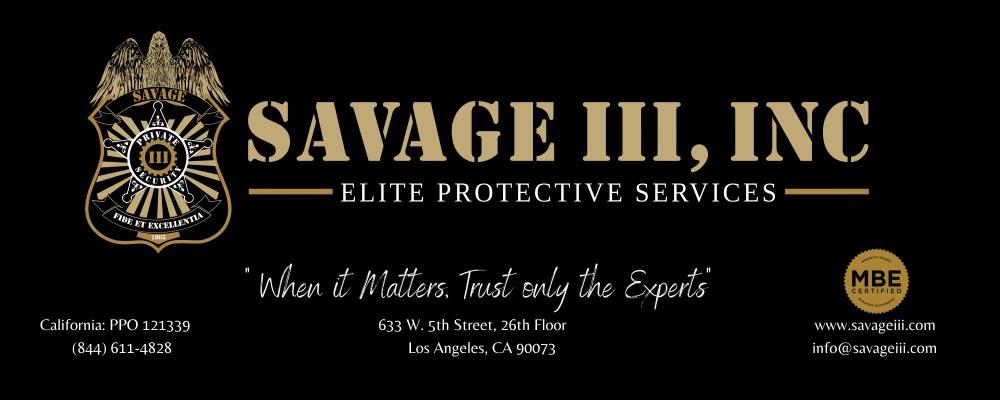
Looking back on this phase of my life I am reminded of the phrase ‘If the mountain will not come to Muhammad, then Muhammad must go to the mountain.’ You can try to will the mountain all you want however eventually an alternate plan has to be realized. Advice to all separating service members would be to put your best plan forward running it by friends and family. Listen to inputs and suggestions. Lean on your service contacts. They have been there and can help ease the process.

VTAM: What is the main responsibility of the US Secret Service?
Nick: The United States Secret Service has a dual mission. It was created in 1865 for investigations of US currency and in 1901, Congress mandated the Agency to protect the US President. Since 1901, the Secret Service protects the President and Vice President, their families, former US presidents and spouses, visiting heads of state, and other designated individuals; and investigates threats against any protected individual. The Secret Service’s police force is known as Uniformed Division (UD). UD officers, all based in Washington, D.C., along with others members of the Secret Service protect the White House, Vice President’s Residence, and all foreign embassies based in Washington, D.C.
VTAM: Have you ever hired or interviewed any former military? If so, what are the qualities that you are looking for in new agents?
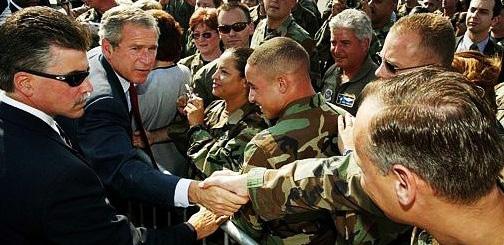
Trotta: Yes, I have. All applicants apply to become special
agents, police officers, technicians, administrative support, or intelligence or criminal analysts. When applying to the law enforcement side of the Agency (special agents or police officers), the Secret Service is looking for a well-balanced individual. The applicant will go through a series of interviews, and background and polygraph examinations. They look for good character and obviously no law enforcement criminal record. During the interviewing process, how the applicant answers their questions, presents themselves, and can make decisions are all some of the factors that may weigh the outcome. Presentation, appearance, attitude, and demeanor are just a few. Think of what qualities you would look for if you were the deciding person. This is what I share with applicants.
VTAM: What were some of your earlier assignments?
Trotta: When I first applied, I was hired as a UD Officer. After completing about 11 weeks of training both in Glynco, Ga. and Beltsville, Md., and I was assigned to
Continued on Page 7
Continued from Page 6
the White House. After about a year, the Secret Service announced vacancies for positions for special agents. I applied and was accepted. I was assigned to the New York Field Office. I was sent back to an 11-week training program at the same locations. During my assignment in New York, I was involved in both missions of the Agency and traveled as well. I was later transferred and participated in opening the Milan, Italy office of the Secret Service. Being assigned to a foreign country was truly an experience. I worked very closely with the Italian law enforcement authorities throughout the country as well as in many other countries.
I was later transferred back to the New York Field Office and later transferred to the Presidential Protective Division in Washington. D.C. I have had numerous assignments within the Washington, D.C. area, including the Office of Training, Inspection, and Special Services. Within each assignment, I was reassigned back to the Presidential Protective Division, protecting five sitting U.S. presidents, and later finished my 31-year career as the Assistant Director of the Secret Service’s protective mission.
VTAM: What do you suggest a potential agent should consider when transitioning?
Trotta: In any transition, whether military or government-civilian like I was, you must realize that you are entering a new environment. Think of this, in my case, I was with one agency for 31 years. I had to change the mindset that the organization that I was planning to go to or attempt to work for was not the Secret Service. Different cultures, environments, people, skills, and expectations come with every new assignment. They all have different work hours and structure. I was used to a clear chain of command. Yes, that exists in the private sector but differently. Simple things on how you address your leadership are different. So, my advice is to try to understand the workspace you are applying for. Being flexible and open-minded are some points. I had to understand that I was not going to an organization like the Secret Service.
VTAM: What qualities are you looking for?
Trotta: If I am in the hiring process, I am looking for, in no particular order, flexibility: can this person work in our environment? Personality: can this person build partnerships, or can they be decisive and cause conflict? Can they relate to people: have a conversation, listen, etc. These are just some.
VTAM: What are some suggestions you would pass on
to transitioning someone who worked in government, looking to make a move into the civilian workforce?
Trotta: Try to seek a mentor. Try to seek someone from your organization that has successfully transitioned. Ask questions, be open to learning, and remain flexible to new approaches to making decisions. Accepting that you may no longer be the sole decision maker but a junior employee can be difficult. Can you handle that change?
Nick told VTAM that he moved up quickly through the ranks.
VTAM: This must have been a lot of work and commitment in all your prior assignments.
Nick: For me, the focus was on my mission, goals, and colleagues as a priority.
VTAM: Were you placed in charge of all the agents assigned to Governor George W. Bush?
Yes, in 1999, the Secret Service began forming the protective details for all of the major presidential candidates. I was assigned to lead the protective detail to then-Governor George W. Bush. Protection to then-Governor Bush was authorized in March 2000. I led a team of special agents that provided 24/7 protection to him. When he became the 2000 Republican Party Nominee, protection for his spouse was authorized by federal law. Once he became President-Elect, his family was protected as well.
VTAM: Is it true that “When the President leaves the White House” – it is either The Deputy or the Special Agent in Charge who accompanies him – did you always know where you were going?
Trotta: First off, let me say that the President and Vice President and their respective families are never left without any Secret Service protection. Therefore, special agents are always with the President, even at the White House and within all his internal movements. It is safe to say that when the President departs the White House grounds that the Special Agent in Charge and/or their deputy will travel as the primary supervisor. And yes, the Secret Service is always aware of the President/Vice President’s and their families’ movements.
“We know people are watching us – we have to stay alert – I have to motivate way over 300 people – every agent and officer assigned to the President has to stay sharp,” he said. As part of their training, Trotta explained, the Secret Service contemplated that initial strikes could be a diversion, and “We were prepared for that.” Trotta admits that the Agency learned from the whole experience. “We as an agency succeeded because of our training, and we have gotten a lot better.”

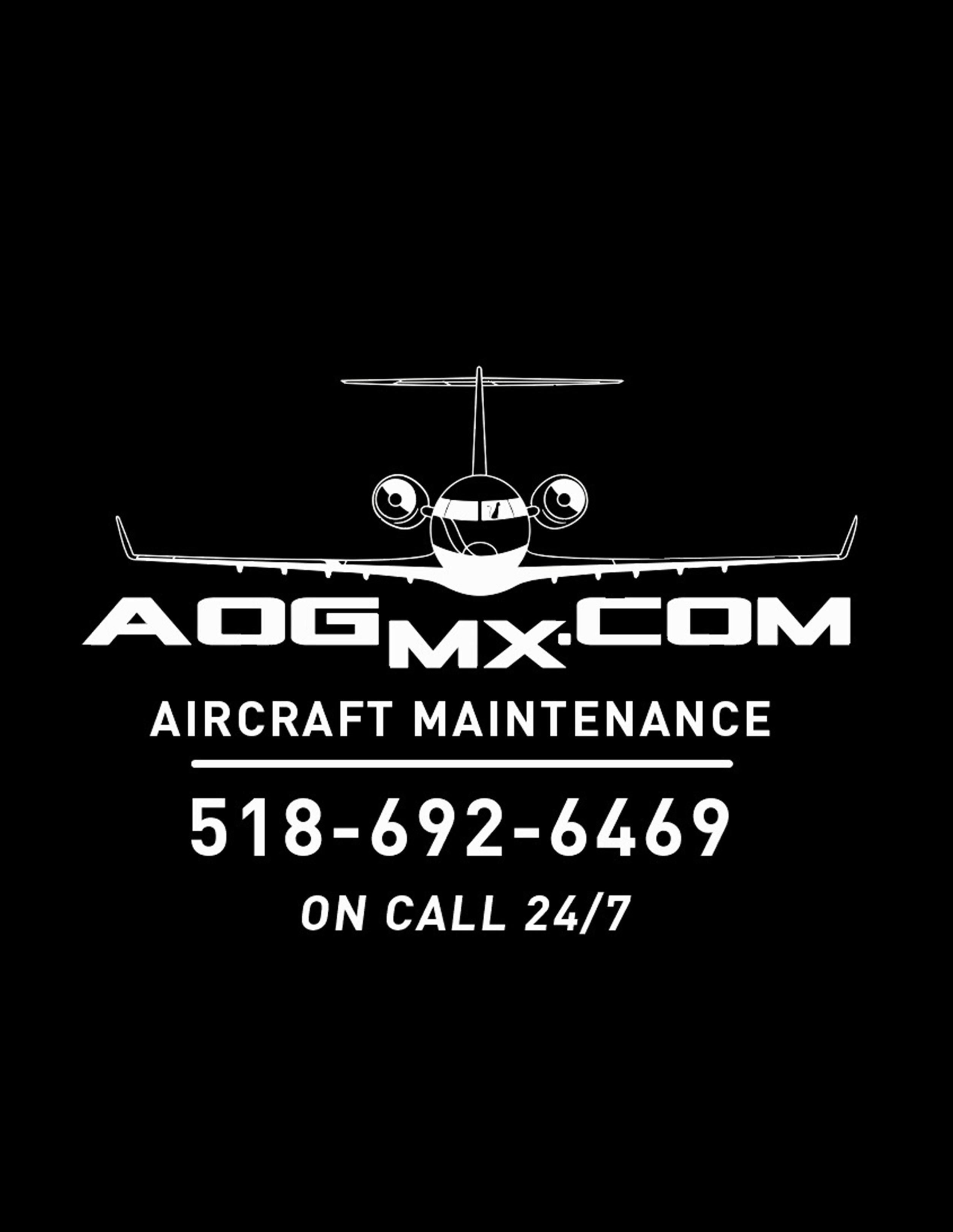
Congratulations! You’ve served your country with great pride and satisfaction. Now that you’ve decided to continue your career as a civilian there are many things to contemplate. Whether you have served a few years or decided to retire after 20 plus years as enlisted or a commissioned officer it seems that this is where many decisions look the same. The aviation world that we will speak about here is especially true of that.
Prior to announcing your intentions to your Command and Career Advisor, the thought process had already taken place in your mind and discussed with equal and open communication with your family. This is the beginning of a healthy transition; your family is your core support to you as much as you are to your family. During that discussion with your family, you would have had the time to talk about what you would do in the civilian aviation world. Your time in the military has given you the perfect time to hone your skills in organization, management, communication, timeliness and so on. This all fits in nicely with aviation so let’s get to work!
Identifying who you are and what you wish to achieve is of course paramount and this is where your Career Advisor and Transition Assistance Program (TAP) will help you here. Getting your military skill set and toolbox organized for the civilian world is very important. When you look at what you have to offer in the civilian world you may be a bit nervous or confused but this is all quite normal. Rest assured though! Your skills as an aircraft maintainer, maintenance manager, crew member, maintenance officer and so on are highly desired in the civilian world. The government has provided you with many thousands of dollars’ worth of schools and training.
As a maintainer transitioning to civilian life as a certificated Airframe and Power Plant (A&P) technician, you will undoubtedly need to take your military training record to a school and see how much training you have and how much more you need to obtain you’re A&P. Schools are also an invaluable tool to you on acquiring employment opportunities and steep discounts to high quality
Continued on Page 11

Continued from Page 10
tool sets as well. There you will discover support groups, counseling, and placement help. The civilian aviation side also has many organizations to join. These groups offer in-person and virtual meetings, workshops, educational and many other ways to further our profession as aircraft maintainers. Aviation periodicals such as you are reading now are also a fantastic source of information for support and knowledge.
The same applies to pilots and crew members too. Beyond the training you will receive many educational facilities to offer workshops and counseling on how to take an interview.
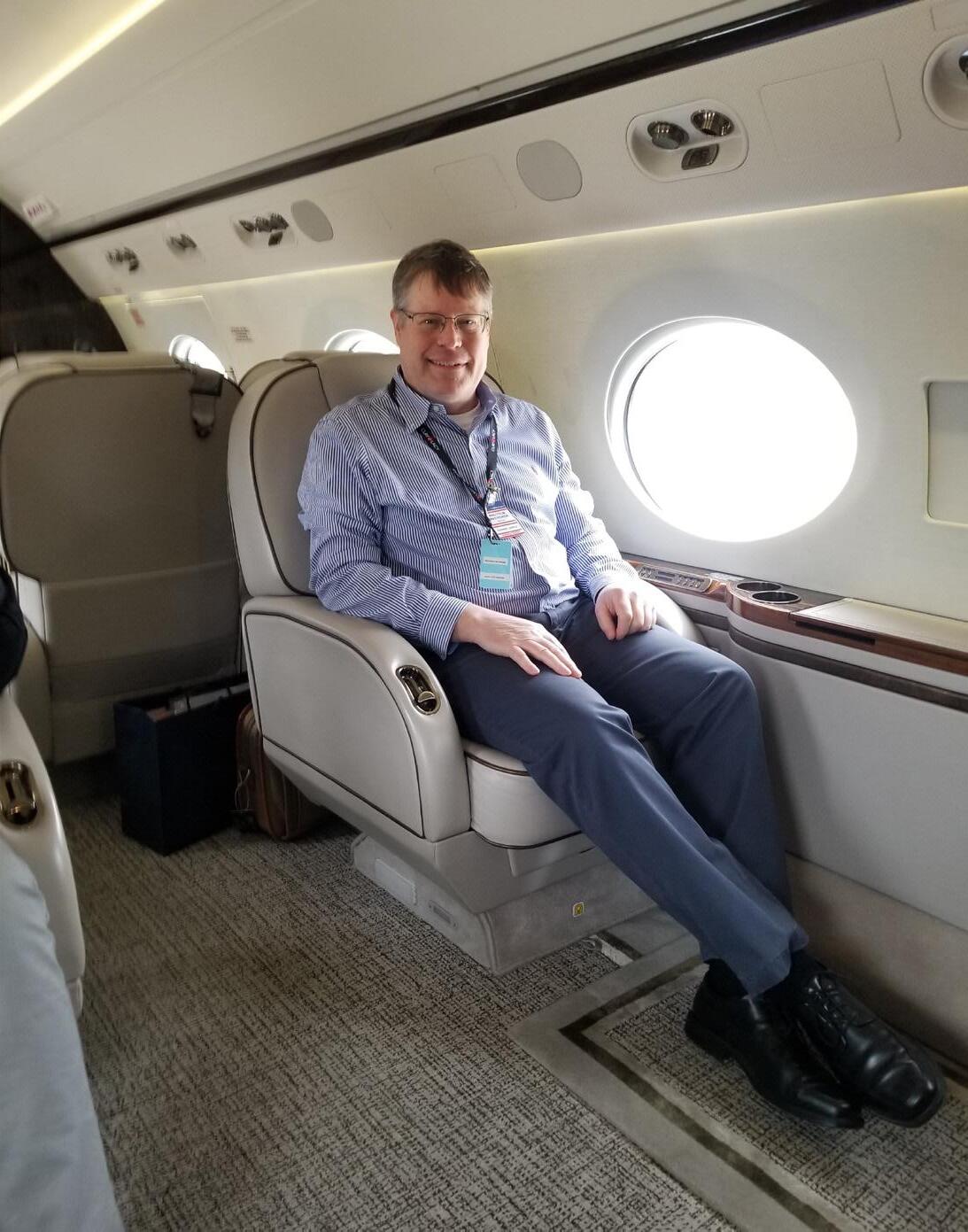
Interviews… How do I walk into a room to an interview? How do I greet people at the interview? How do I sit? What do I do with my hands? What about eye contact? How is my tone of voice? We’ve taken all of this for granted during all these years in the military because it is what we were expected to do as we had grown up through the ranks. If there are 2 or 3 attend-
ing the interview it is not uncommon to greet everyone by name but more than that perhaps “it is nice to meet all of you” type of statement may be best but be sure to address everyone in your follow up email afterword. Sit a bit more relaxed, not in a military style in front of the Commanding Officer per se. There are times when you will sit up straight like when the description of your role is being discussed but times like when the 401K is brought up, you can relax to the back of the chair. You don’t want to come across like a statue; an interview is a discussion. Since you have bought a suit of clothes and you are wearing that, wear a watch too. Nothing flashy. It is symbolic to the fact that you are respectful and grateful for the interviewer’s time and consideration. This brings about what to do with your hands. Pen in one with a small note pad is a good thing. Relax your hands so you are not fidgeting or clicking that pen! You are military, you already know how and when to maintain eye contact. This will give a great indicator to the interviewer(s) that you are in as deep to the interview as they are. If there is more than one interviewer present, address that person but it is very good to make eye contact with the others that are present to show that you are fully engaged. Your tone of voice should be slightly subdued to who is addressing you but not too much less, just a bit less. You may wish to bring up your hobbies and what you like to do in your off-shift time at the end of the interview if it had not been asked of you. We all love our families. Talk about them.
Deciding where to live is another aspect of your great new adventure into civilian life. The great news is that employment opportunities for A&P’s, pilots and crew members are worldwide! Again, this is something that would be discussed in depth with your family first. Educational institutes, prospective employers, and the VA (www.va.gov) have guidance on job opportunities and how to get to New York, San Diego, Colorado and beyond where you feel a good fit is for you, your family and your career.
There are many books published on how to transition from military life to civilian life and how to succeed. I encourage the reader to visit your local library or bookstore and seek out the knowledge available to ensure your success.
Note: the author is a 23-year retired enlisted veteran of the United States Marine Corps and United States Air Force that maintained AV-8B Harrier and C5-A, B and M series aircraft. He has held an Airframe and Power Plant certificate since 1988, currently maintains Gulfstream and Dassault Falcon corporate aircraft along with several other makes and models of corporate aircraft.

Jerry is currently the Director of Programs and Chief Security Officer at XTec Inc. XTec supplies the technology solution to issue the civilian equivalent of the military CAC Card. He is also responsible for providing advice on how to operate as a government contractor. He provides advice on procurement, relationship building, and the federal government budget cycles.
Jerry went on to discuss his impressive background with VTAM. He has been a senior executive for many years in government and the private sector. He worked for the United States Secret Service for over 20 years and retired as a Supervisory Special Agent. Upon his retirement from the Secret Service, he was selected to be the Chief Security Officer for the US Department of Homeland Security. While Chief Security Officer, Jerry hired several veterans wounded in Iraq. Jerry later ran the FEMA Mount Weather Emergency Operations Center where he led over 450 employees, many of them being veterans. While at Mount Weather, Jerry was able to hire veterans using FEMA’s noncompetitive hiring process initiated for veterans and their spouses.
Mr. Williams: Those who work in the security field tend to be stovepiped into one discipline. For advancement, they should think of learning other areas of security such as physical security, protective security, personnel security, which involves hiring people with the right background, Operations Security or OPSEC, and information security. Learning how the security disciplines complement each other to provide a secure environment for people, property, and information will allow someone to grow.
VTAM: What a great accomplishment to be awarded one of the most Influential People by the Security magazine.
VTAM asked Jerry what he thought about Networking. “It’s important. Networking builds trust and allows for the exchange of ideas. People in your network can provide assistance and guidance. As often as you can, try to build up a network of people who can help you. If your contact is a business leader, ask them about their work and what qualities of business make them successful.

When job seeking, look for roles that fit your career choice. Develop your resume in that field. List your strengths. Education and training are key. Take courses that can prove helpful, maybe accounting or business writing. These courses can help you in any field you go
Continued on Page 21

“Thank
have served”
Elijah Stepp

VTAM recently had the opportunity to talk with CW3 Tim Stuart a US Army Chinook Pilot.
Tim is an Aviation Safety Officer that is currently on transition leave, 4 months from official retirement. He is participating in a 12-week “skillbridge” program with Tesla as a Military Fellow, in Logistics Project Management.
Tim has spent 25 years, 4 months, and 13 days on Active Duty.
He was an OH-58D Kiowa Warrior Aviator, and prior to that, he spent 15 years enlisted as a 19D Cavalry Scout and 19Z Armor Senior Sergeant (1SG/E8).
VTAM: What was your path to civilian employment, and how did you get into your prior career?
Tim believes that currently, DOD programs are much better than what existed for prior generations of service members, because of the lucky timing of my current service I was able to take advantage of DOD-sponsored programs that allow Active Duty and Reserve service members to “train with industry” prior to official discharge, the end goal of the programs is to ensure all service members have meaningful employment post service.
We asked Tim about Mentorship.
Tim: Mentorship is one of the core tasks required of an effective leader. We have a moral obligation as leaders to train and develop our subordinates to replace us. We also have a moral obligation to identify talent and ensure the best of the best are afforded the opportunities they want so the organization can thrive.
VTAM: Do you believe in building a network, and from
where?
Tim: Our network is our net worth. Less than 10% of resumes submitted to job postings end in employment for job seekers. Relationships are the key to any successful endeavor.
VTAM: What Obstacles did you face? Personally, and professionally

“Starting over” professionally, and having to re-prove my value to an organization, have been the biggest obstacles I have faced professionally. With every career change, there must be expectation management from the individual. That is why a network is invaluable, having people that can vouch for your character and abilities, will get you an interview and leverage to not have to continuously start over at the “bottom” with every career change.
VTAM: Should you seek higher education?
Continued on Page 15
Continued from Page 14
Tim: We should all seek higher education. The key is to strategically plan your educational goals if they are career oriented. In the modern work environment, every professional has an MBA, PMP, etc.… Industry-specific credentials and certifications that are in low supply and high demand will always trump a Master’s Degree or Doctorate.
VTAM: What do you believe the Keys to Success in the Civilian World should be?

Tim: I am still trying to figure that out for myself. I would say success should be measured in many different ways. From a career standpoint, we only have two things to measure, time and money. As our lives change and we change we must be able to be self-aware enough to know how much of each is most important for ourselves and our families. There must be balance, if we are in a
position where we can financially afford to value time over money, then time should always be the top priority.
VTAM: What makes someone successful?
Tim: How they are respected, remembered, and or admired by their friends and family. Title/Status does not make someone successful in the long run, but if they remain humble and true to who they are while on steep professional trajectories, then they can be successful without losing their identity.
VTAM: Which groups or organizations should one join?
Tim: Whichever groups appeal to them, and provide passion and a sense of giving.
VTAM: What do you think about attending Job fairs?
Tim: Absolutely, virtual and in person. If you are seeking employment. Reach out and attend those events. Start planning for military separation the day you join
Continued on Page 21

As a new publication; Veteran Transition Magazine has been actively seeking content for our readers. Imagine our excitement to become aware of the “Veteran Social Club” via the organization’s founder, TJ Henderson. Veterans Social Club is a non-profit organization that aims to provide support and provide resources for veterans in the Las Vegas area. We learned the organization assists veterans access a variety of programs and services, including job training, housing assistance, and mental health support. Additionally, it is a place for veterans to gather, socialize, and network with one another. TJ agreed to make time to speak with Veteran Transition Magazine, allowing us to learn more.
VTAM: This is Eli Stepp of Veterans Transition Advocate Magazine speaking with Veterans Social Club founder TJ Henderson. TJ, thanks for your time.
VSC: Thank you, Eli.
VTAM: Our pleasure. We are happy to learn more about Veterans Social Club, about you, and how Veteran Social Club is serving veterans. In a snapshot,

please tell us about yourself and your background.
VSC: Sure, I served in the Navy with multiple types of ordinances throughout my Navy career. Unfortunately, I was medically discharged. My personal experience of the civilian transition process is was what inspired me in helping veterans in their transition process after discharge. Mainly because after my discharge, I found myself in California with nothing except a sea bag, and the receipt of my plane ticket. Those items were my home of record without a clue of where I would stay or work. My personal experience was a wakeup call that motivated me to become involved in veteran organizations. I eventually landed in the Las Vegas area and worked with several Las Vegas organizations. One of those organizations was Caesars Entertainment where I worked for approximately seven years. At that time, I was the head of the “Salute” program which was a program Caesars provided as a veteran employee resource group to support veteran employees. I was fortunate to head up and build that program, which assisted veterans in transition. This
Continued on Page 17
Continued from Page 16
enabled me to assist veterans in my own way as well. The COVID pandemic affected many people which impacted me as well. My employment ended at Caesars which resulted into forming the Veteran Social Club.
VTAM: Okay, great. Much appreciated. So, the work you did with Caesars, they supported veterans’ type of services in general?
VSC: Yes, to include their “Salute” program which encompasses diversity, equity, and inclusion. When I came into that program, we had about 42 members. Over the course of time I was there, we were able to take it from the Las Vegas casinos only and expand it nationally. We had over 450 members.

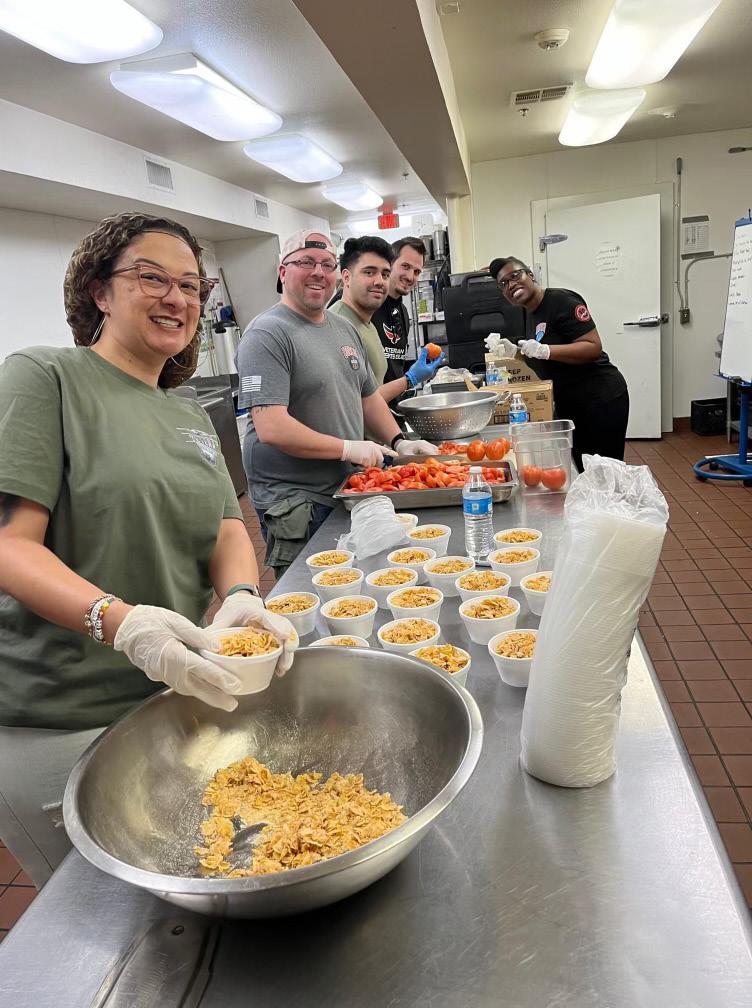
VTAM: Wow. That’s amazing. Did the program eventually end at Caesars?
VSC: Yes. The program was rearranged and changed through 2020 with everything shutting down due to COVID. Then Caesars was purchased by another organization which halted funding. However, it is my understanding the Caesar salute program is back and growing.
VTAM: Are you involved with that program with Caesars anymore at all?
VSC: No, I am not.
VTAM: We appreciate your service, thank you! As mentioned, you eventually landed in Las Vegas. Is that where you are located now?
VSC: Correct. I am still in Las Vegas.
VTAM: Very good. Please tell us about the Veterans Organization that you founded in Las Vegas. VSC: I had missed that camaraderie with other veter-
Continued on Page 18

ans, having that program and relying on it and having the networking events and the social events as well as building something for veterans. I was like wow; this really sucks that we’re not doing anything and we don’t have that social aspect. I think that’s how everybody felt in 2020, and it just kind of burdened me. Once I fully stepped away from Caesars, I had the idea to create a social club that really encompassed everything because there are so many diverse aspects of veterans including race, age, gender, and religion. You have so many different people who like so many different things. With the veteran social club, it enables vets to have a group get together like a social cigar night, or a brewery tour, or anything that really brings veterans together. I started the Veterans Social Club on a casual basis in 2020. The events became more popular and increased in number of attendees. We’ve been doing an event on the second the Saturday of every month. Our membership is free. The only price for the social club is the price veterans have already paid, their two dog tags approve them for membership.
VTAM: Okay, that’s great. So, it sounds like you started it casually before it was an official group. Do I have that correct?
VSC: Yeah, it was casual in the beginning. Basically, getting some people together and getting friend groups together from all the different organizations. A couple of my Caesars friends, and a couple of my UNLV

rebel veteran friends. (I went to UNLV, and they have a fantastic rebel veteran program.) After a few casual events I realized this is what this community needs.
VTAM: Excellent. When you said it became official in September 2022, was that like a nonprofit organization?
VSC: Yes, that was the official creation of the Veteran Social Club as a Corporation, followed by becoming a nonprofit which took a little bit more time, but that was the official start of the incorporated organization.
VTAM: So, do you accept donations?
VSC: We absolutely do. We look to not only accept donations, but what we try to do is we try to partner with a lot of businesses in the community. Every one of our events is held at a veteran owned business. We’re looking to continue with veteran owned businesses. Eventually we might have to spread the love and include veteran supportive business. But so far, we’ve had amazing success finding these veteran owned businesses, supporting them, and bringing the veterans together in those locations.
VTAM: Do you plan on doing any fundraising events to raise funds for the Veteran Social Club?
Continued on Page 19
Continued from Page 18
VSC: Yes. We actually have two types of events. Our primary event is for Veterans only (monthly) which is a key component of the Veteran Social Club, because there are some things that you can only share and express with other veterans. We also have one open event every quarter. We are planning a Super Bowl watch party which is an open event. I’m really excited about that. This event will bring a large portion of the veteran related community together for a very fun Super Bowl party, which will also serve as a fund raising event.
VTAM: Where will the Super Bowl watch party be held?
VSC: It will be held at the in the restaurant bar area at City National Arena.
VTAM: That sounds wonderful. Will you having auctions or anything like that during the event?
VSC: Yes, we’re going to have raffles and door prizes. VSC reps will be walking the floor for donations at this and future events. Veterans get one free drink (alcoholic or nonalcoholic) and food at all of our events. At our open events civilians and supporters purchase their food and drink.
VTAM: Fantastic. Is there a website for the Veterans Social Club?
VSC: Our website will be live soon and are very excited. And the coolest thing about it is it is a dot vet address. Veteransocialclub.vet
VTAM: I didn’t realize dot vet domain extension was available.
VSC: I didn’t know it existed either and I’m really excited about that and promoting that. It is unique and I think it will strike a chord with the veteran community.
VTAM: Okay, and what about social media?
VSC: At the present time we have a VSC Facebook group and page and a VSC LinkedIn page.
VTAM: I know VSC is based in Las Vegas only at the present time, do you see expanding into other states in the future?
VSC: Perhaps in the future, however considering there are 200,000 to 350,000 veterans in Las Vegas alone, we plan to focus our efforts in the Las Vegas area at the current time.
VTAM: Very good. Would you like to add anything else?
VSC: Just to mention we invite veterans to a casual no pressure event. We don’t label it a networking event, but more of a social veteran gathering. Veterans respond well to being asked, “hey, you want to go grab a beer?” They’ll be like, oh, hell yeah. We have been successful at gathering veterans in this manner. We have also been successful at philanthropic efforts from the generosity of donors. We provided 50 care packages for local veterans in the VA hospital that couldn’t get home, as well as hospice veterans. At our next event, we are supporting an organization called the Devil Pups, which helps the youth in the Las Vegas area spend a couple of weeks in Camp Pendleton to find out what being a marine is all about and get a better sense of self and a better idea of what it means to serve. At one of our events, we did a clothing donation and received 350 separate pieces of clothing donated by local businesses for homeless and at-risk veterans.
VTAM: That’s great! Please share VSC contact information.
VSC: Yes, as mentioned our website, www.veteransocialclub.vet Also our email at info@veteransocialclub.vet
VTAM: We’re very excited to have the Veteran Social Club story in VTA Magazine! We appreciate you taking the time to speak with us.
VSC: I am very happy about VSC being in your publication to spread the word of supporting veterans.
VTAM: Thank you! VTAM is a new publication which is just getting started. I believe VSC’ story is a win-win for VSC and for the inaugural issue of our magazine. VTAM wishes you and VSC all the best in the future.
Continued from Page XX
Veteran Transition Advocate Magazine (VTAM) spoke to William (Bill) J Cameron who served as a Special Agent in the US Secret Service for 22 years in a variety of roles and posts including the Presidential Protective Division.

He protected Presidents Bush (41) and Clinton, serving as the Lead Advance Agent and Site Coordinator during the 1993 Presidential Inauguration, the 1992 Republican National Convention, and the 1990 G-7 Economic Summit. In addition, Cameron supervised a 12-member task force investigating financial organized crime, working with federal, state, and local police officials. Bill participated on the FBI Joint Terrorism Task Force and the National Threat Assessment Center. After retiring as an Agent, Cameron spent seven years as the Director of Corporate Security at two international corporations before returning to the US Secret Service as the Division Chief & Emergency Management Coordinator, where he served for an additional ten years.
Although Bill served many years in the Government he believes that the same duties and responsibilities exist within the armed services. The transition process is just that a process. “some people can make it, some cannot, and some have to learn to adapt to change.”
Many struggle with the fact that they are used to operating one-way, full speed ahead and now they have
trouble dealing with a new pace. “You have to have an open mind about things, you have to be willing to be a good listener and admit to the skills that you don’t have. You must be willing to learn how the corporate structure operates” Contact former colleagues who have been through a similar transition .

Networking is very important to start to build a new level of contacts. Education is a key area to consider taking advantage of all available courses in a variety of fields ( ie. Cyber Security).
When drafting a resume, keep in mind the position being applied for and draft that resume and your skill set to be specific to that position. Bill noted that during his time hiring personnel to fit a position, he always looked for the “right person” not necessarily the best person.Make sure you put all your accomplishments on your resume and discuss them in your interviews. When in the resume and interview process, always keep in mind – what can separate me from the pack!
Continued from Page 12
into. Being a good writer is important. Companies are always looking for writers who know how to get their points across in words. If you haven’t completed your degree, mention that you’re a candidate for one. Jerry recalls asking a veteran why he only listed some college classes on his resume. After reviewing all the job qualifications, Jerry asked the candidate, “If I hire you, can you promise me that you will go back to school and finish your degree?” The candidate agreed, and he was hired. He subsequently went on to complete a four-year degree and received several promotions.
Transitioning can be positive and a good learning experience. It can also be frustrating. Take time to start the process as early as you can. Be patient and learn to face rejection. Don’t think that you’re going to get your first job after your first interview. It’s not what you know or where you have been; it’s whom you know. Learning to interview, asking a friend to interview you, or going over your resume is important. They may have a positive input and great suggestions. For many retiring veterans, it may be the first job interview in over twenty years, so practicing is important. You may also want to tell the interviewer about your lack of interview experience upfront. It could alleviate some nervousness and bring about understanding.
Continued from Page 15
the military. You don’t know if there will be downsizing, restructuring, or a medical problem, no one is guaranteed the top ranks of E9/W5/O6 and 30 years, and most realize midway in their careers that they don’t want that path anyways. So put money away, invest in your education and growth, and make sure you are responsible with your affairs, so if a planned or unplanned separation is imminent you don’t have to feel desperate and end up underemployed or working in an industry that makes you miserable.
VTAM: What are some strengths you looking into in your civilian employment?
I am looking for like-minded teammates, and a company that is forward-thinking, and truly wants to make a life
Don’t take things for granted. Never sell your rank, sell yourself and your skills. Don’t tell war stories unless asked. Think about how your military skills translate to the civilian world. Areas such as logistics, managing people, and planning are important in many jobs. Although your interviewers may feel that your military service highly influences who you are, you are no longer in the military. Listen, learn, adjust to, and change. Mention that you will and want to learn. Transition isn’t new. It’s just new to you. Get out there and meet people who have “been there” and “done it.”
When looking for a job after the military, do not forget to look at civilian government positions. Many federal agencies and even state agencies are looking for veterans. Federal civilian agencies have made hiring veterans easier. They also offer some benefits such as credit for annual leave accrual, and they might add some service time toward retirement. Civilian federal, state, and local agencies have similar values to the military and may be an easier transition. For instance, every veteran can get behind FEMA’s mission of providing assistance to people who have suffered a devastating loss due to a disaster.
When thinking about working at a private company, you may want to research the company to determine if they have the same values as you. Private companies are often driven by profits and might not have the same ethics as the military. You want to feel you are making a difference at any place you work.
for people better.
VTAM: What are the main areas of concentration you recommend
Tim: Cyber Security, Computer Science, Machine Learning, Artificial Intelligence, Engineering (Any Field), Aviation, MBA (Finance).
When used for networking, and getting a message out, it is invaluable. It can be a double-edged sword. People must be aware that anything they post on social media is permanently there and can help or hurt their reputations.
If you served in the military and are eligible for VA benefits, you absolutely should apply for any benefits that are afforded to you.

1. What are you doing now? Your Position
I am a mechanical engineer for an Architecture and Engineering firm. I design HVAC and piping systems for commercial buildings.
2. What did you do before your current position?
From 2016 – 2022 I served as a Surface Warfare Officer. I was the Strike Officer from 2016-2018 aboard USS Bainbridge (DDG 96). From 2018-2020 I was the Navigator for USS Bainbridge (DDG 96). My final post was the Training Officer aboard Destroyer Squadron 26 from 2020-2022.
3. Have you served the Military or Government?
Yes, military
4. What branch?
United States Navy
5. What was your path to civilian employment, and how did you get into your prior career?
During my time at Destroyer Squadron 26 I began to talk to a retired US Navy Captain who was working as a civilian training Naval Officers in Ship-handling. He took an interest in me due to my work ethic during his training. Through him I was introduced to multiple people in his network. After about 3-4 conversations with different people, I was introduced to the Mechanical Department Head from my current firm. I continued to talk with the department head, and ultimately it led to a job offer, which I accepted.
6. Do you believe in Mentorship?
Absolutely, everyone you talk to can teach you something. If someone is willing to give you their time to educate you from their experiences, then you should listen and take advantage of learning from them. I signed up for a military transition mentorship program, American Corporate Partnership (ACP), and through my mentor
there I was able to learn first hand knowledge of what a non-military citizen knew and did not know about the military. Through this program I learned how to explain what skills I had in a non-military setting. I was quite surprised to learn a lot of the skills, hard and soft, were translatable to civilian careers. It just took practice and effort.
7. Do you believe in building a network, and from where?
Yes, as mentioned above without talking to the retired Navy Captain I would have never been introduced to the individuals that led me to my current employment. Everyone can help you. Work on talking to individuals in a position/field you are interested in. I found multiple people through LinkedIn search that I had a commonality with such as being a veteran, from hometown, alma-mater, or in a field. Initially it was difficult, but the more people I reached out the better I became at discussing my goals and how they could help me.
8. What obstacles did you face? Personally and professionally I had to get out of comfort zone and talk to people I had never met before, and quickly learn how to discuss my background in a language that anyone can understand. I had difficultly or fear knowing if the work I was doing was leading towards my goal, but constantly reassessing my goals and path using my network and resources gave me reassurance.

9. Education, Should you seek higher education?
Only if the field you are interested in requires it. I was 6 years removed from received my college degree in mechanical engineering, and my current firm did not care. In their mind I learned the information once, and they can teach me on the job anything I forgot.
Study the LinkedIn accounts of the people in the job you want. If you don’t have the same education then look for
Continued from Page 22
opportunities to fill those gaps. Or talk with those people about what their education taught them, and most likely you can take individual courses vice seeking a degree to be competitive for the job.
Sometimes a certification is all you need. The VA and other support groups can point you in the direction to find ways to get that certification for free or reduced cost.
10. Keys to success in civilian world
Work hard to become a valuable asset for your company and the customers. Your job security is not what it was with the military. If you are not valuable your company will let you go. Communicate with your peers and boss to ensure you are always working towards the goals of your company. Do not be afraid to ask questions. You were hired for a reason, and it is your job to continue prove they did not make a mistake.
11. What makes someone successful. Your comments.
Your ability to become self-sufficient. It is ok to start off with your peers feeding you fish, but make sure you are asking the right questions to you learn how to fish.
12. Which groups or organizations should one join, volunteer?
Veteran groups on LinkedIn, Google groups that support veteran in a way that helps you. A couple I joined were American Corporate Partnership (ACP) and Veteran Mentorship Network (VMN)
13. Job fairs, attend or not?
Absolutely for two reasons. First, you get the chance to practice talking about what you did and what you want. Second, you never know if you might be the type of person the recruiter is looking for.
14. 18 months before separation or six months, your thoughts
I would say both. 18 months start doing research on what you want to do. Reach out to people that are in jobs that interest you. Discuss with them what they do, what they like and dislike about the job, and how they got where they are. You need to identify your deficiencies and find a path or two you want to pursue.
So at 6 months you are prepared to pursue those paths so you don’t waste your time. It is amazing a fast time flies.
I looked on LinkedIn for the people that had the job I wanted. Saw what skills and education they had that I didn’t. Identifying the gaps I needed to fill to be competitive. Some gaps I had were internships or industry experience. I worked with my mentors to gain a better understanding of how I can fill those gaps. I was able to reword my resume and interview questions to show how my naval experience does meet the experience an employer needs.
16. Pictures.
Update your LinkedIn photo to represent who you want to become. Again, looking at the people in LinkedIn and using their photo as an example for what type of photo you should use.
How you communicate your experiences.
Do your best to find a mentor or two, ACP will help, who have no experience or connection with the military. Work with them on how to best explain your experience and skills in a language that anyone can understand. Ask them to re-explain your experiences and skills, if it is inaccurate, then you need to reword your experiences.
Ask questions. Use VMN or another veteran group to find people who have done what you are about to go through and learn from their experience.
18. Social media, how do you feel about it?
Use LinkedIn. It is an extension of your resume and can provide great examples of what others have done. However, if you are going to use LinkedIn then make sure you have a complete and full profile. A weak profile probably has more of a negative impact than no profile at all.
19.
Absolutely agree. The VA offers life long benefits to all veterans to help maximize your chances of being successful outside of the military. Take the time to apply to all of the programs that can benefit you. It is a full-time job to transition successfully, and the VA has the resources to make sure your effort is in the correct direction. It can be frustrating or slow at times working with the VA, but it does pay off. Do your research, the VA can drastically improve your financial situation if you put in the effort up front.





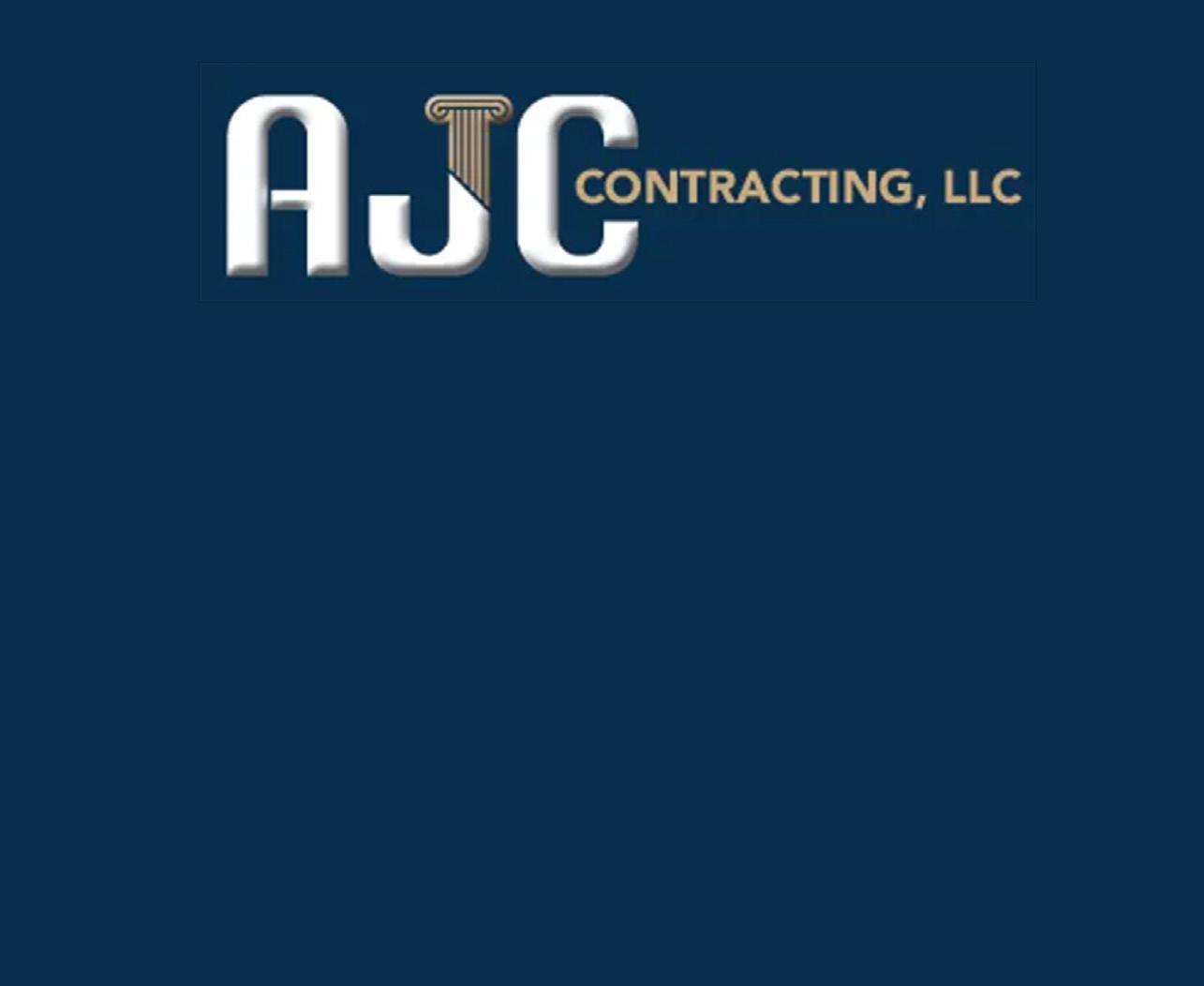

 By M. Todd Hunter
By M. Todd Hunter
Newly separated veterans can now expect a series of phone calls from the Department of Veterans Affairs, thanks to a new DAV-supported law that will ensure the agency reaches out to connect transitioning service members with various tools and resources.
Signed by President Biden in October, the Solid Start Act of 2022 (Public Law 117–205) permanently authorizes and expands the VA Solid Start (VASS) program. It was launched as a pilot program in December 2019 to increase veterans’ awareness of available VA benefits and services, lower the entry barriers into VA mental health care treatment and support veterans’ successful transition to civilian life.
“The first year after separation can pose numerous challenges that make it difficult for veterans to adjust to civilian life,” said Washington Headquarters Executive Director Randy Reese. “This new law will ensure the VA and Pentagon coordinate their efforts so our transitioning heroes get the health care and benefits they’ve earned at a critical time in their lives.”
Specifically, the bill requires the VA to coordinate with the Department of Defense to call veterans three times per year (zero to 90, 91 to 180, and 181 to 365 days after release from active duty), provide women veterans with information tailored to their health care and benefit needs, and prioritize outreach to veterans who have accessed mental health resources before separation.
The VASS program is already prioritizing calls to those who had a mental health care appointment within the last year of their service, helping lower the barrier to accessing VA mental health services and treatment. The department says it successfully connected with nearly 25,000 such veterans in fiscal year 2021, representing a 75% connection rate. The program connected with nearly 150,000 veterans in all.
“Every veteran deserves to be made aware of the benefits they’ve earned regardless of their service record or character of discharge,” said Reese. “We’re happy to see a VA program that reaches out to such individuals is now permanent under this new law.”
VA Solid Start conversations are not scripted and are instead driven by the specific needs of the veteran at the time of the call, according to the VA. Program representatives ask open-ended questions to identify issues or challenges veterans may be experiencing at the time of the call and then direct them to the appropriate resources, benefits and services to best meet their needs.
“Only time will tell if this program can remain effective in connecting newly separated veterans with the benefits they’ve earned,” said Reese. “In the meantime, we’re glad to see Congress and the White House working together so veterans don’t fall through the cracks.” n
Start’
VA program becomes permanent and expands to further assist veterans after separation
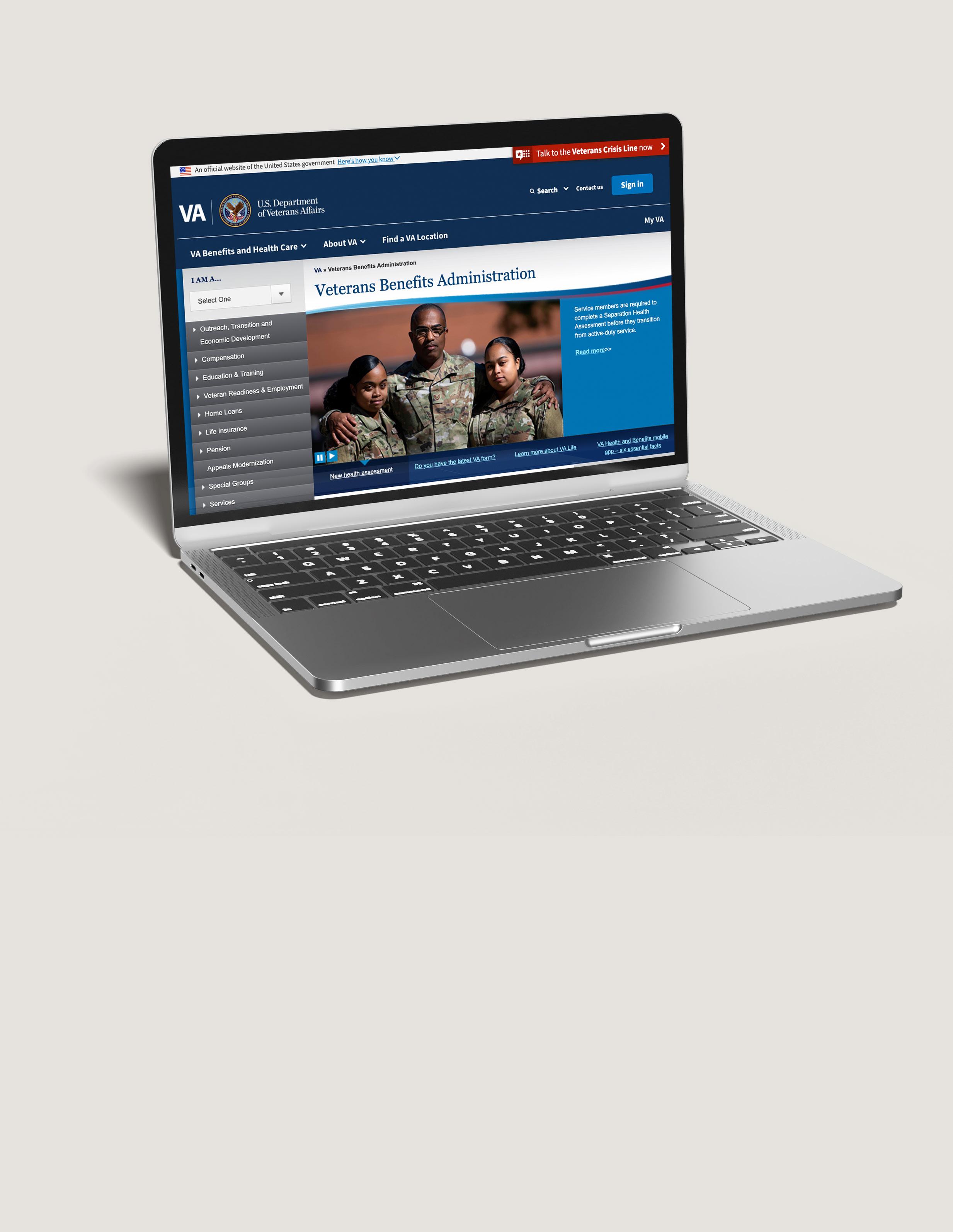

Wood Dale, Illinois, Nov. 11, 2022 (GLOBE NEWSWIRE) -- AAR CORP. (NYSE: AIR), a leading provider of aviation services to commercial and government operators, MROs, and OEMs, announced today that it earned the 2023 Military Friendly® Employer Gold designation and 2023 Military Friendly® Spouse Employer designation.
Institutions earning the Military Friendly® Employer designations were evaluated using both public data sources and responses from a proprietary survey. Over a thousand companies participated in the 2023 Military Friendly® survey.
Methodology, criteria, and weightings were determined by VIQTORY with input from the Military Friendly® Advisory Council of independent leaders in the military recruitment community. Final ratings were determined by combining an organization’s survey score with an assessment of the organization’s ability to meet thresholds for Applicant, New Hire Retention, Employee Turnover, and Promotion & Advancement of veterans and military employees.
“It is an honor to be recognized as a Military and Spouse Friendly® Employer. AAR is committed to cultivating a culture where the contributions and capabilities of our military personnel are deeply valued,” said John M. Holmes, AAR’s President and CEO. “We also recognize that military service impacts the whole family and that is why we are proud to invest in initiatives and create opportunities for military families, including spouses and other family members.”
“Companies earning the Military Friendly Employers® designation elevate the standard for military programs globally; they have invested in substantive programs that promote positive outcomes for service members, military spouses, and veterans within their organizations,” said Kayla Lopez, Director of Military Partnerships, Military Friendly®. “For these employers, hiring military is more than just the right thing to do; it’s a standard that makes good business sense.”
AAR will be showcased as a 2023 Military Friendly® Employer in the December issue of G.I. Jobs® magazine and on MilitaryFriendly.com.
For more information on AAR, visit aarcorp.com/.
AAR is a global aerospace and defense aftermarket solutions company with operations in over 20 countries. Headquartered in the Chicago area, AAR supports commercial and government customers through two operating segments: Aviation Services and Expeditionary Services. AAR’s Aviation Services include Parts Supply; OEM Solutions; Integrated Solutions; and Maintenance, Repair, and Overhaul (MRO) Services. AAR’s Expeditionary Services include Mobility Systems operations. Additional information can be found at aarcorp.com.
Military Friendly® is the standard that measures an organization’s commitment, effort, and success in creating sustainable and meaningful benefits for the military community. Over 1,700 organizations compete annually for Military Friendly® designation. Military Friendly® ratings are owned by Viqtory, Inc., a service-disabled, veteran-owned small business. Viqtory is not affiliated with or endorsed by the U.S. Department of Defense or the federal government. Results are produced via a rules-based algorithm. The data-driven Military Friendly® lists and methodology can be found at https://www. militaryfriendly.com/mfcguide/.
Founded in 2001, VIQTORY is a service-disabled, veteran owned small business (SDVOSB) that connects the military community to civilian employment, educational and entrepreneurial opportunities through its owned assets such as Military Spouse Magazine®, G.I. Jobs® and Military Friendly® brands. VIQTORY and its brands are not a part of or endorsed by the U.S. Dept of Defense or any federal government entity. Learn more about VIQTORY at www.Viqtory.com.
Attachments
• Military Friendly® Spouse Employer logo
• Military Friendly® Gold Employer logo
Media Team
AAR CORP.
+1-630-227-5100
Editor@aarcorp.com


